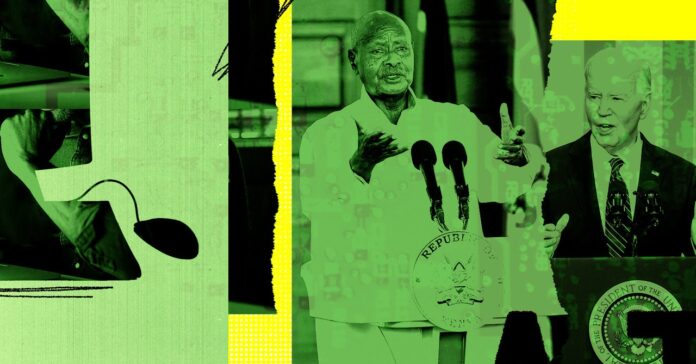In Short:
Voters are likely to come across more fake digital content online than on traditional media. The government has not provided solutions for digital political ads. The FEC has yet to create rules for FCC-like disclosures on all political ads. Tech companies may need to take on the responsibility of protecting elections from disinformation. Time is running out before the presidential election, and regulations are needed soon.
Concerns Over Digital Fakes in Political Ads
The advocacy group Public Citizen has petitioned the Federal Election Commission to create rules that would require FCC-like disclosures for all political ads, regardless of the medium. However, the FEC has yet to take action on this request. A report from The Washington Post in January indicated that the FEC intends to make a decision by early summer, but as the season approaches, little progress has been made. The Senate Rules Committee recently passed three bills aimed at regulating the use of AI in elections, including disclosures, but it remains uncertain if these bills will be addressed in time to make a difference.
With only 166 days until the presidential election, time is running short to implement regulations related to AI disclosures. Without clear guidelines, tech companies will likely bear the responsibility of safeguarding elections from disinformation. Meta has already announced rules requiring political ads containing AI-generated content to include disclaimers, while TikTok prohibits political ads and mandates labeling of AI content that depicts realistic images, audio, and video.
The absence of regulatory consequences for tech companies before the election raises concerns about the potential risks of misinformation. Congress or regulatory agencies will need to provide guidance in the coming months to address these issues effectively.
The Chatroom
Listeners were asked to share their experiences following politics online since the last presidential election. Whether navigating to news sites for updates, maintaining relationships with social media platforms like X/Twitter, or subscribing to newsletters, feedback is encouraged.
WIRED Reads
What Else We’re Reading
🔗 See How Easily A.I. Chatbots Can Be Taught to Spew Disinformation: An experiment by The New York Times involved creating two chatbots—one liberal and one conservative—that delivered partisan responses to political questions, mirroring online interactions.
🔗 The Good News for Biden About Young Voters: Despite a decline in support among young voters compared to 2020, the situation may not be as dire as it appears for Biden.
🔗 OpenAI Just Gave Away the Entire Game: Scarlett Johansson’s response to OpenAI’s latest voice model highlights the data practices of the company.
The Download
The WIRED Politics Lab podcast recently ranked in the top 20 in Apple Podcast’s news category and was recognized as one of Amazon Music’s best podcasts of the week. In the latest episode, discussions revolved around the future of digital political communication and its implications, including the New York–Dublin Portal.
For more insights, tune in to the podcast here.





